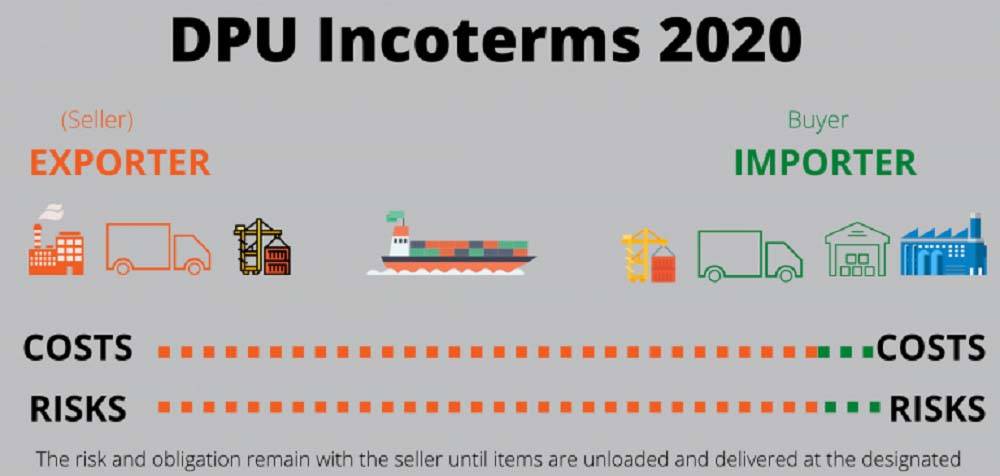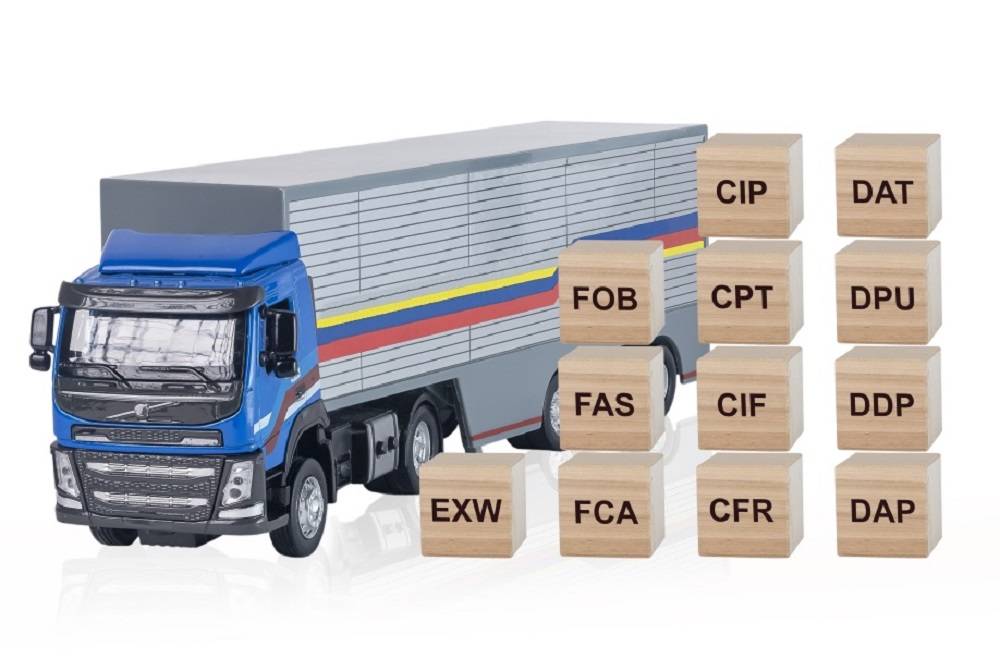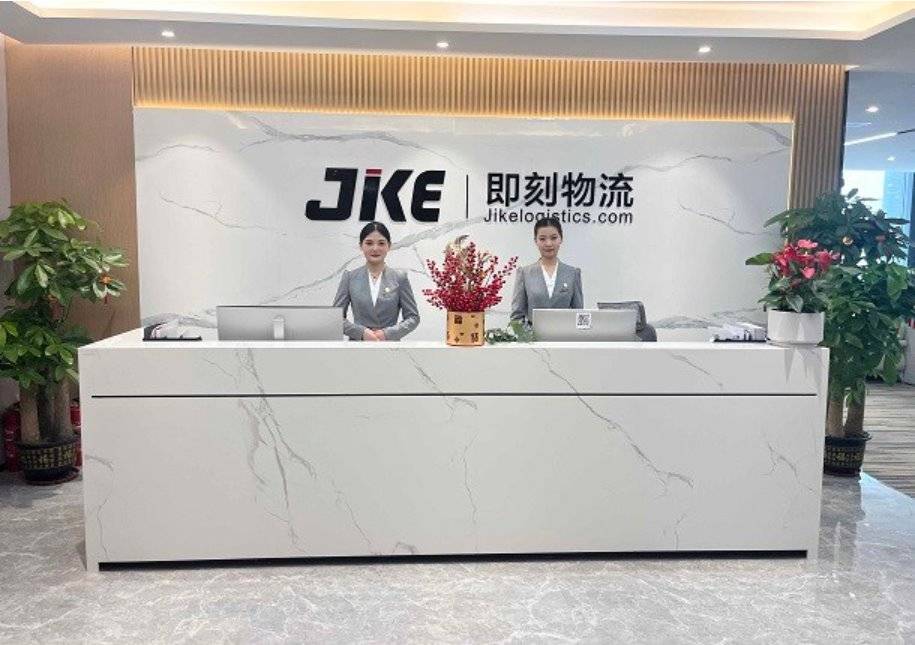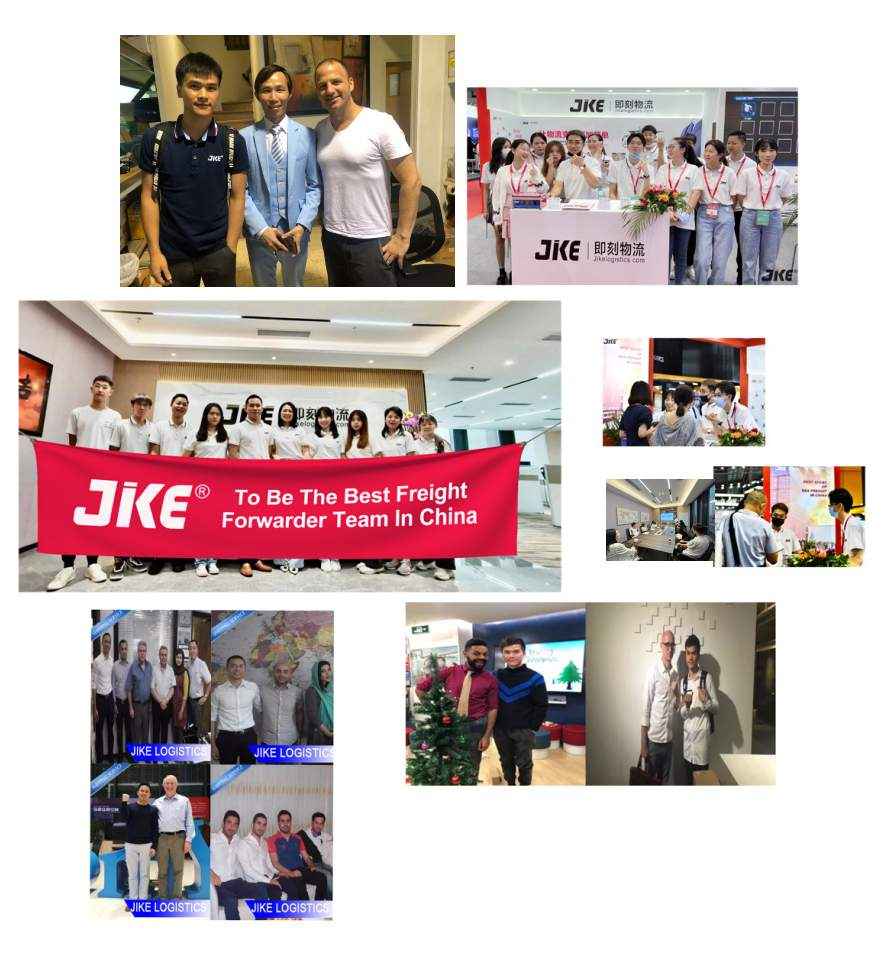2024-12-11
Incoterm DPU marks the continuous improvement and development of international trade rules. The role of DPU in clarifying the division of responsibilities, improving trade efficiency, reducing trade risks, and promoting global trade growth must be addressed. With the continuous development of international trade, DPU is expected to be widely used in more fields and contribute to its prosperity and growth.
DPU, the full name is Delivered at Place Unloaded, which means "delivery at unloaded place." According to the 2020 edition of the International Commercial Terms, DPU replaced the original DAT (Delivered At Terminal), emphasizing that the place of delivery is no longer limited to the transport terminal but can be any designated destination.
Under the terms of the DPU, the seller is responsible for transporting the goods to the named destination and delivering them to the buyer after unloading. The seller shall bear all risks and costs (other than the cost of importation) during the period. Compared to DAT, DPU is intended to reduce disputes caused by the vague definition of "terminal" and improve the flexibility and applicability of trade terms.

The DPU term applies to all modes of transport, including rail, road, air, sea and multimodal transport, which significantly broadens its scope of application. In actual operation, the DPU clause is often used when the seller bears higher responsibilities, such as international trade of large equipment and heavy goods.
For example, when a large piece of machinery needs to be shipped from China to ABC warehouse, Bogota, Colombia, if the two parties agree to use the DPU clause, the seller is responsible for transporting the goods from China to Bogota but also for unloading the goods at the designated location ABC warehouse in Bogota and handing them over to the buyer. The Chinese seller bears all risks and costs during the period.
| Free Consultation |
Using incoterm DPU, buyers need to be aware of the following risks:
When using the DPU clause, the buyer needs to comprehensively consider the risks of cargo transportation, destination selection, delivery time, changes in the international situation, import customs clearance, etc., and take corresponding risk management measures.
The main feature of incoterm DPU is that the seller is responsible for transporting the goods to the destination designated by the buyer and completing unloading. Compared with other terms, the seller has greater responsibilities under DPU, especially in unloading.

1. DAP (Delivered at Place) v.s. DPU DAP requires the seller to Transport the goods to the destination specified by the buyer and transfer the risk and cost to the buyer before the goods are unloaded. The seller is responsible for the transportation costs, but the buyer bears the unloading costs. . DPU is the only trade term that requires the seller to complete the unloading at the destination. The risk is transferred to the buyer only after the unloading is finished. . 2. Delivered duty paid (DDP) v.s. DPU DDP requires the seller to cover all costs and risks of shipping the goods to the buyer's designated destination, including transportation costs, tariffs, and other taxes. The seller is responsible for export customs clearance and import customs clearance. . DPU does not include import duties and other import taxes, which the buyer bears. The seller is responsible for transporting the goods to the destination and unloading them.
3. CPT (Carriage Paid To) and CIP (Carriage and Insurance Paid) v.s. DPU CPT and CIP risk transfers from the seller to the buyer when the goods are delivered to the first carrier. The seller is responsible for paying the freight, and CIP also requires the seller to chase minimum insurance. . DPU requires the seller to sell the goods to the place designated by the buyer and complete unloading. The risk is transferred to the buyer only after unloading is completed.
4. EXW (Ex Works) and FCA (Free Carrier) v.s. DPU Under EXW terms, the seller's responsibility and risk are transferred early; FCA requires the seller to Have more responsibilities, including handing over the goods to the carrier and handling export customs clearance. . DPU requires the seller to take greater responsibility, including transportation and unloading, until the goods are unloaded at the destination and are in a condition that the buyer can dispose of.
 Jikeship, an international freight forwarding company headquartered in China, provides global logistics services, including ocean, air, land, and multimodal transport. The company is committed to providing customers with reliable and efficient freight solutions.
Jikeship, an international freight forwarding company headquartered in China, provides global logistics services, including ocean, air, land, and multimodal transport. The company is committed to providing customers with reliable and efficient freight solutions.
As a leader in the logistics agency industry, Jikeship can assist you in handling the entire process, including cargo transportation, customs declaration, and customs clearance. Thanks to its solid cooperation with many airlines, shipping companies, and land transportation companies, Jikeship ensures that your goods can reach their destination safely and on time.
Jikeship has an experienced and professional team that can provide customized logistics solutions and consulting services based on your needs. Whether you need to export goods from China to the world or import goods from international markets to China, Jikeship can provide comprehensive service support.
When dealing with Jikeship or other freight forwarders, it is recommended that you specify your freight needs in detail, including the specific type, quantity, weight, and destination of the goods. This will allow them to provide the best logistics solution based on your needs and provide accurate information such as shipping time, costs, and customs clearance requirements.
| Free Consultation |
| Shipping Services from/to China |
1. What preparations does the buyer need to make under the incoterm DPU?
Under the DPU terms, the buyer is responsible for receiving the goods at the designated delivery location and preparing for unloading and subsequent handling. In addition, the buyer is also responsible for completing import formalities and paying related taxes.
2. What types of trade does the DPU term apply to?
The DPU term is suitable for trade types that require the seller to assume higher responsibilities and risks, especially when the buyer wants the seller to deliver the goods directly to its location and unload them for further processing. This is usually suitable for trade scenarios that require highly customized services or quick market responses.
3. What should I pay attention to when using the DPU term?
When using the DPU term, both parties should specify the location of the delivery place and confirm whether it includes specific equipment or facilities required for unloading. In addition, both parties should also make clear agreements on matters such as transportation methods, insurance, and tax burden to avoid disputes caused by inconsistent understanding. At the same time, considering that the seller has higher responsibilities and risks under the DPU term, both parties should carefully evaluate their strength and risk tolerance when signing the contract.
4. Under DPU terms, who is responsible for transporting and insurance the goods?
The seller, is responsible for transporting the goods from the place of departure to the destination and bears the risks and costs during transportation, including cargo loading and unloading, customs clearance, etc. However, when the goods are unloaded at the designated place and taken over by the buyer, the buyer shall bear the risks and costs of the goods. Regarding insurance, unless there is an explicit agreement in the contract, the seller is usually responsible for arranging insurance during transportation.
5. Under the DPU terms, who is responsible if the goods are damaged during transportation?
The seller is responsible for claiming damages from the carrier or insurance company and shall bear the resulting expenses unless the damage is caused by the buyer or force majeure.
6. Does the DPU term include import customs clearance procedures for goods?
The DPU term does not directly include customs clearance procedures for imported goods. In practice, the seller only assists the import customs clearance procedures. The main responsiblility should be borne by buyer.
7. What are the consequences if the buyer fails to deliver the goods on time under the DPU terms?
If the buyer fails to receive the goods in time under the DPU terms, the goods may be detained at the destination, incurring additional storage costs and risks. In addition, if the buyer does not receive the goods for a long time, the seller regards the buyer as having breached the contract and has the right to take corresponding measures, such as terminating the agreement, demanding compensation, etc. Therefore, the buyer should ensure the goods are received within the agreed time.
8. In DPU terms, does the seller pack the goods?
Yes, the seller must properly package the goods to ensure their safety and integrity during transportation. The packaging should comply with international trade practices and transportation requirements and consider factors such as the climate of the destination and the mode of transportation. If the goods are damaged or lost due to improper packaging, the seller bears the responsibility.
| Shipping Services from/to China |


We use third-party cookies in order to personalise your experience.
Read our cookie policy